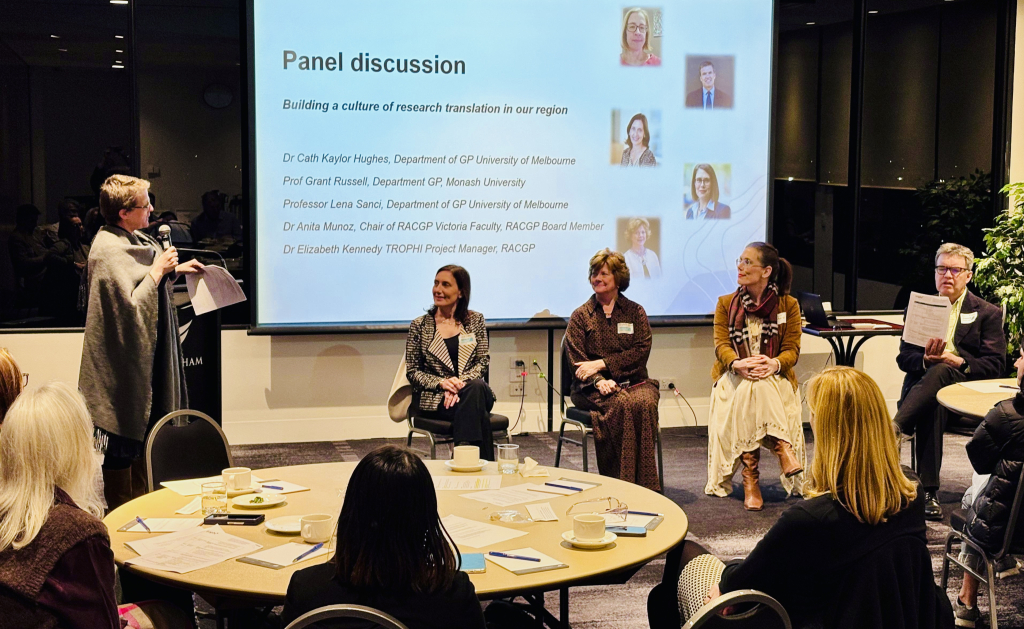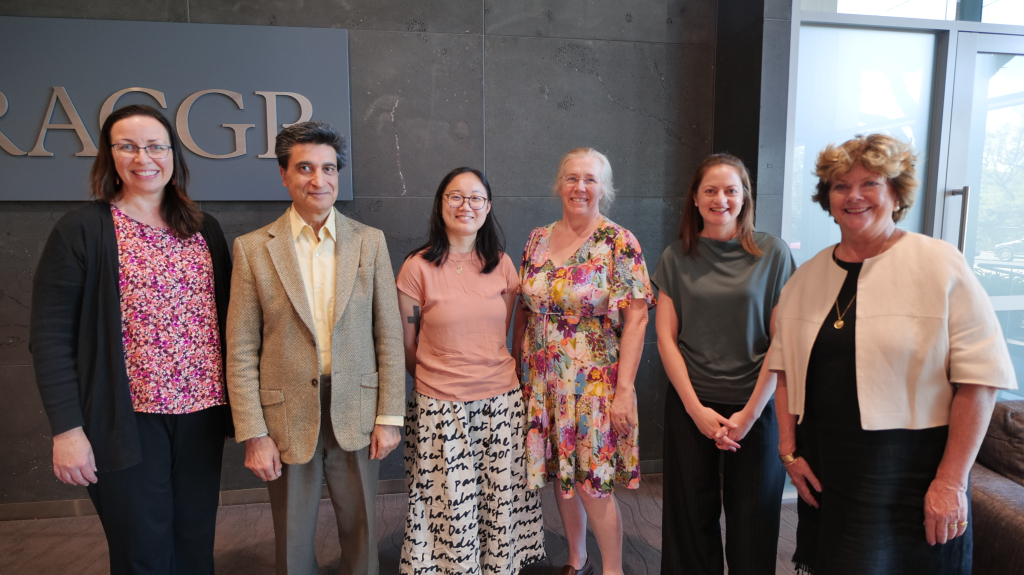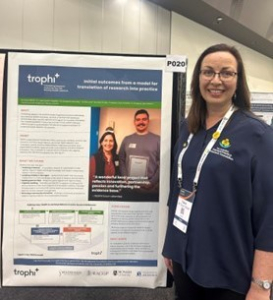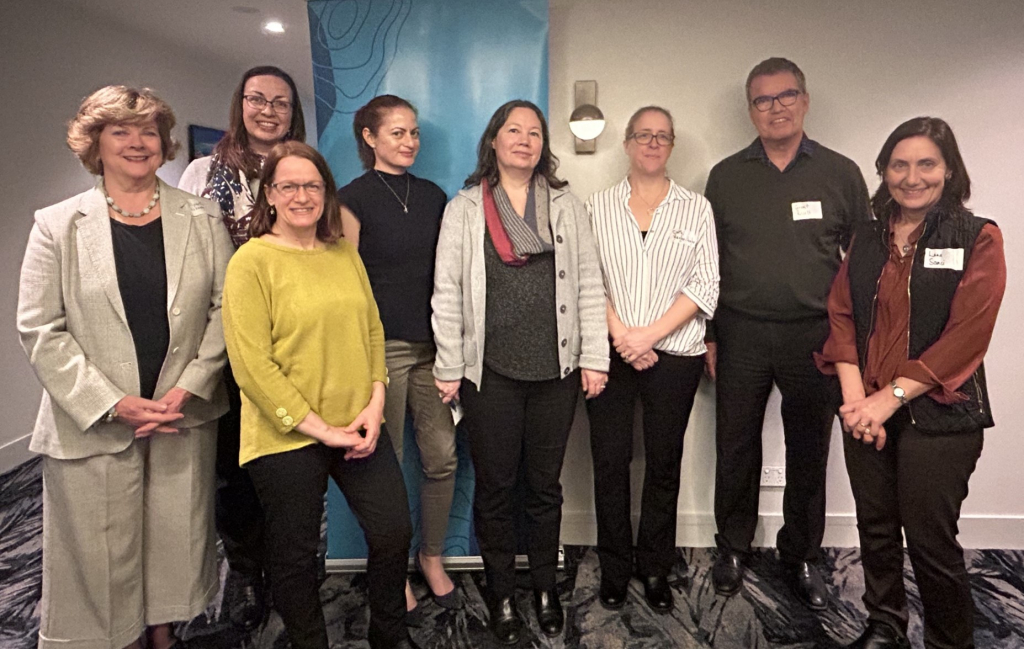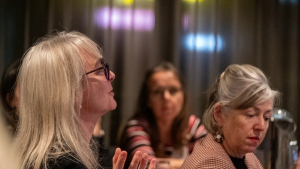Translation Forum 2025
On 26th August the TROPHI Translation Forum was full of energy as researchers, GPs and partners came together to share ideas, build collaborations and inspire one another.
The evening covered translational research innovations supported by TROPHI in the local community. This included how research is shaping hospital-based education to promote general practice pathways, and an innovative program to improve the physical health of mental health consumers. Attendees enjoyed a practical session which gave first hand insight into the importance of working together and considering diverse community and stakeholder needs in implementing high quality relevant translational research. A highlight of the forum was the panel focussed on ‘Building a culture of research translation in our region’. We were so pleased to receive feedback that many participants left with renewed enthusiasm for their work and a clear sense of belonging to a growing and supportive research community.
An interactive panel highlighted stories of resilience and achievement, leaving many participants feeling uplifted and connected to a strong and supportive research community.
A wonderful example of bringing our RACGP Research Strategy to life to make a difference to the health and the wellbeing of our community!
